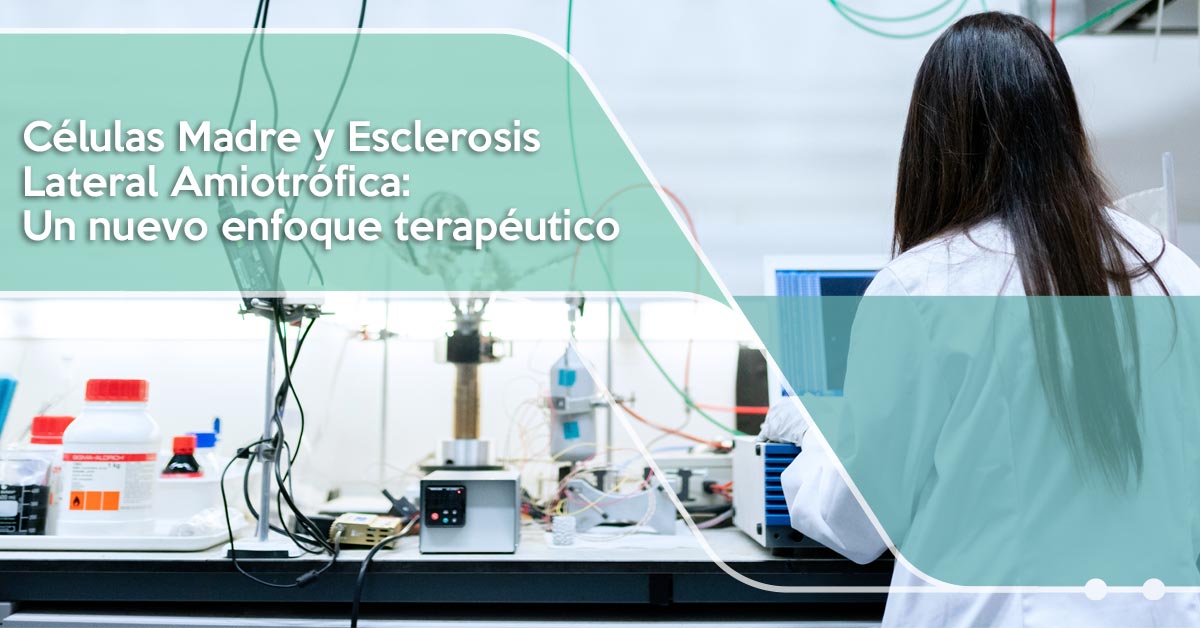¿What are Mesenchymal Stem Cells?
Multipotent stromal cells, usually known as Mesenchymal Stem Cells (MSC), are cells with differentiation and proliferation capacity, extracted from tissues like the umbilical cord, bone marrow (Bone Marrow Stem Cells, BMSC), and adipose tissue (Adipose Stem Cells, ASC).

Thanks to their proliferation and differentiation capacity, these cells are considered an invaluable therapeutic option to treat a wide group of diseases caused by acute or chronic tissue degeneration. The clinical trials developed to date, suggest that these cells, produced under ideal conditions, are a safe therapeutic option that could mean a substantial improvement in patients’ quality of life, suffering from medical conditions caused by degeneration in tissues as varied as the skin, articular and meniscal cartilage, bone, ligament structures, and muscle, including myocardium.
These cells must be produced under ideal conditions, that allows to account of their identity, functional characteristics, and safety, thus boosting their therapeutic capacity for the benefit of the patients.
Therapeutic capacity of MSCs
Their therapeutic effectiveness has been consistently shown both in clinical models and preclinical ones. The results of all of these experiments suggest that the therapeutic capacity of these cells, depends not only on their capacity to replace lost cells in diseased tissues, distinguishing towards the respective tissue lineages. It has also been proved that their therapeutic capacity correlates with his capacity to modulate other tissue processes related to the health-disease process, such as neovascularization, the modification of the extracellular matrix, and the immune system functioning as a result of the biological effect of the molecules released by them.



